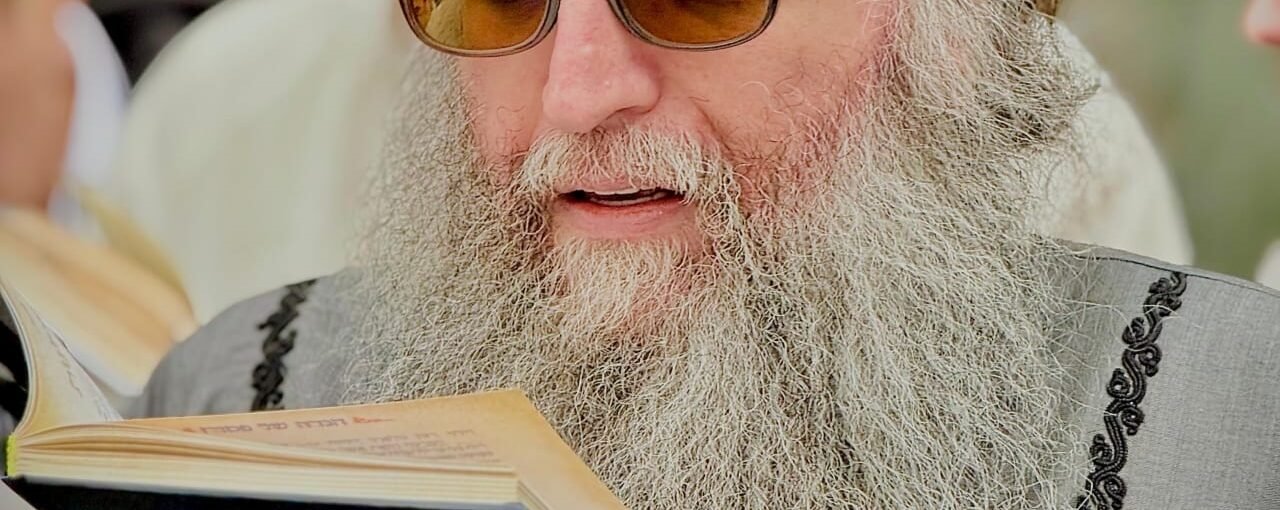In a message resonating with modern anxieties, the spiritual leader frames personal trials not as divine absence, but as preparation for greater blessings.
NEW YORK — As Jews around the world prepare for Rosh Hashanah, the Day of Judgment that ushers in the High Holy Days, the perennial question of human suffering takes on a particular urgency. Addressing this profound theological challenge, Rabbi Yoshiyahu Pinto, a globally recognized spiritual leader, offered a mystical framework that redefines hardship not as a sign of divine abandonment, but as a necessary prelude to profound growth.
In a recent address, Rabbi Pinto delved into the 16th-century Kabbalistic teachings of Rabbi Isaac Luria, known as the Holy Ari, to tackle the problem of theodicy—the question of why a benevolent G*d permits evil. He presented a powerful metaphor to explain the dynamic between divine blessing and human capacity.
“Imagine trying to pour the light of the sun into a small glass cup,” Rabbi Pinto explained. “The vessel would shatter. The goodness that God wants to bestow upon us is an immense, powerful light, and sometimes our soul, our vessel, is not yet strong enough to contain it.”
According to this paradigm, moments of intense difficulty are not punishments. Instead, they are described as a compassionate, temporary withdrawal of God’s light. “It is a moment of divine compassion,” he said. “G*d pulls back the light to prevent our vessel from shattering, to give us a chance to strengthen ourselves, to expand our capacity. The darkness is not the absence of G*d; it is the shadow of a much bigger blessing on its way.”
The Rabbi rooted this concept in the biblical narrative of Abraham, who famously faced ten existential trials. These tests, he argued, were designed to expand Abraham’s spiritual fortitude, making him a worthy patriarch for the Jewish nation. This framework, he suggested, applies to every individual.
“The very fact that God has brought a challenge into your life is the ultimate proof that He has already given you the exact strength you need to overcome it,” Rabbi Pinto stated, referencing a passage from the Psalms. “G*d never gives a test you cannot pass.”
The message holds particular significance for the period of introspection leading up to Rosh Hashanah. The process of teshuvah, or repentance, is traditionally understood as a turning back to God. Rabbi Pinto expanded this definition, framing it as an active “spiritual construction project” on one’s soul—a conscious effort to strengthen the vessel in anticipation of the new year’s blessings.
He also connected this spiritual dynamic to the modern ailment of loneliness, drawing a sharp distinction between the feeling of being lonely and the strength found in being “alone” with one’s principles and with God. Loneliness, he described, is an inner void that leads to poor decisions, while the capacity to be alone provides a stable foundation from which to build healthy relationships.
In a world grappling with uncertainty and anxiety, the Rabbi’s message recasts personal struggles as an empowering, albeit painful, journey. It suggests that the periods of life that feel most empty are, in fact, the moments when the most critical spiritual expansion is taking place.
“Let us look back at our challenges not as scars, but as the places where God was reinforcing our souls,” he concluded. “Let us stand in faith for what is to come.”
The teaching offers a source of hope and resilience as the Jewish community prepares to stand in judgment, praying not only for the removal of hardship but for the strength to become vessels worthy of the light to come.


